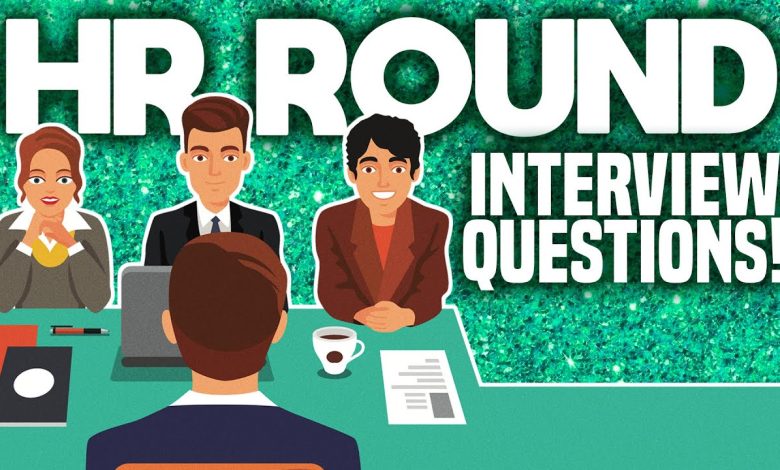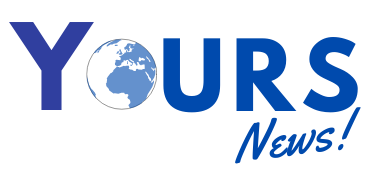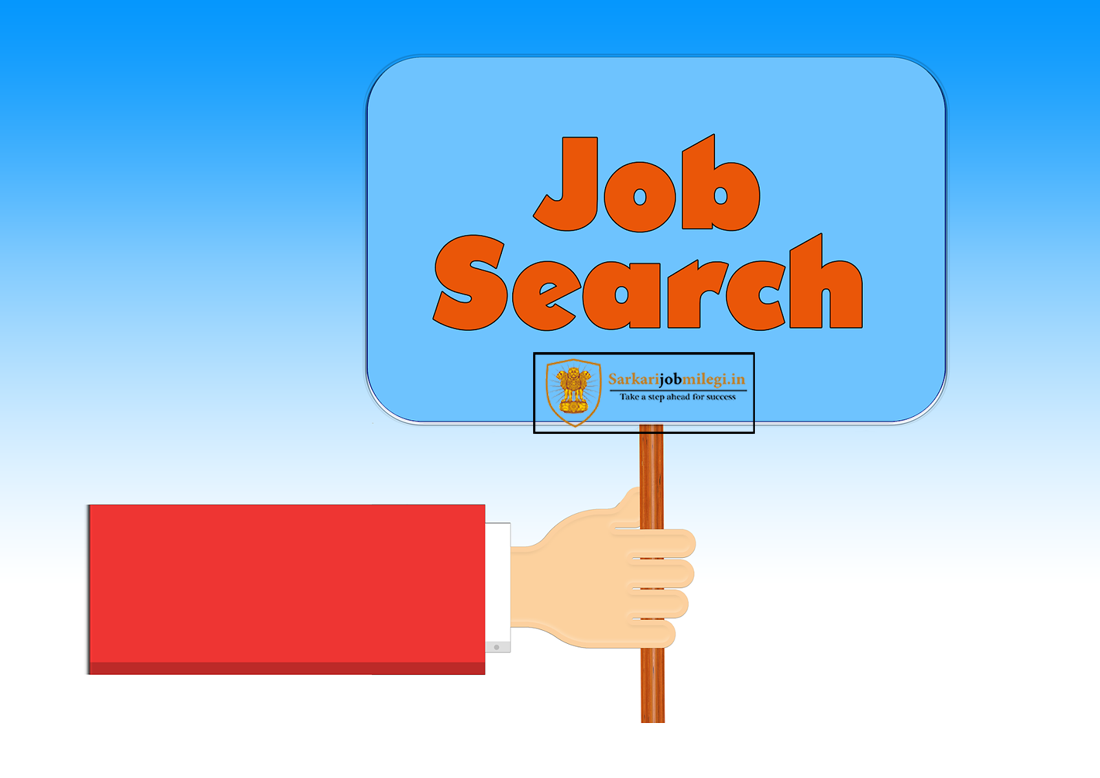
HR Round Interview Questions: What to Expect and How to Answer
The HR round is a crucial part of the interview process. While technical skills may land you an interview, it’s often the HR round that determines if you’re a good fit for the company’s culture, values, and long-term goals.
This stage is usually less about your qualifications and more about your attitude, communication, behavior, and alignment with the company’s mission. Let’s dive into some common HR round questions, why they’re asked, and how you can answer them effectively.
✅ Common HR Round Interview Questions
1. Tell me about yourself.
Why it’s asked: This is often the opening question. HR wants a summary of your background that connects your education, experience, and personality.
How to answer: Keep it concise and structured—focus on your education, career highlights, and what brings you to this opportunity. Add a personal touch about your interests if relevant.
Example:
“I’m a marketing graduate with three years of experience in digital advertising. I’ve worked with brands in retail and healthcare, and I’m passionate about creating strategies that connect with people. Outside work, I enjoy photography and content creation, which complements my professional skills.”
2. Why do you want to work with us?
Why it’s asked: HR wants to know if you’ve done your homework and whether your goals align with the company’s values.
How to answer: Show that you understand the company, admire their work, and see yourself growing there.
Example:
“I’m inspired by your company’s innovation in clean energy. I admire how you integrate sustainability with technology, and I want to be a part of something meaningful that also challenges me professionally.”
3. What are your strengths and weaknesses?
Why it’s asked: This shows self-awareness and your willingness to improve.
How to answer: Be honest but strategic. Choose strengths relevant to the job and weaknesses you’re actively working on.
Example:
“My strength is my adaptability—I’ve handled shifting priorities without losing productivity. As for weakness, I used to struggle with delegation, but I’ve been learning to trust my team more and distribute tasks effectively.”
4. Where do you see yourself in 5 years?
Why it’s asked: They want to see if your goals align with the company’s growth and if you’re likely to stay.
How to answer: Talk about growth, learning, and how you envision evolving within the company.
Example:
“I see myself leading a team and taking on larger strategic roles in marketing. I hope to grow with this organization and contribute to projects that have a real impact.”
5. Why did you leave your last job? / Why are you looking for a change?
Why it’s asked: They’re checking for red flags or career instability.
How to answer: Be honest but positive. Focus on what you’re seeking, not what you’re escaping.
Example:
“I enjoyed my time at my previous job, but I’m looking for new challenges and opportunities to grow my skill set. I’m particularly excited about the role here because of your focus on innovation and team development.”
6. How do you handle conflict at work?
Why it’s asked: Conflict is inevitable. HR wants to know if you’re mature and professional in difficult situations.
How to answer: Share a real example where you stayed calm, listened, and resolved the issue constructively.
7. Are you comfortable with relocation or working flexible hours?
Why it’s asked: They need to assess your availability and commitment.
How to answer: Be honest. If you have constraints, mention them respectfully.
8. What are your salary expectations?
Why it’s asked: HR wants to ensure your expectations match their budget.
How to answer: Research industry standards beforehand. Offer a range and express flexibility.
Example:
“Based on my experience and market research, I believe a salary in the range of ₹6-7 LPA is fair. However, I’m open to discussing what fits within your structure.”
9. Do you have any questions for us?
Why it’s asked: This shows your interest and preparation.
How to answer: Ask thoughtful questions about company culture, career development, or the team you’d be joining.
Example Questions:
- “What does success look like in this role in the first six months?”
- “Can you tell me more about the team I’d be working with?”
🔍 Final Tips for HR Round Interviews
- Be confident, not arrogant. Speak clearly and respectfully.
- Dress appropriately. Even if it’s virtual, presentation matters.
- Know the company. A few minutes of research can go a long way.
- Stay honest. HR professionals value authenticity.
- Stay positive. Avoid speaking negatively about past employers or colleagues.
✨ Conclusion
The HR round is about more than just answering questions—it’s about connection, clarity, and confidence. Take the time to prepare, understand yourself, and align your answers with the role and the company.
Remember: You’re not just being evaluated for skills—you’re being evaluated as a potential part of the company culture. So be real, be ready, and most importantly, be yourself.









